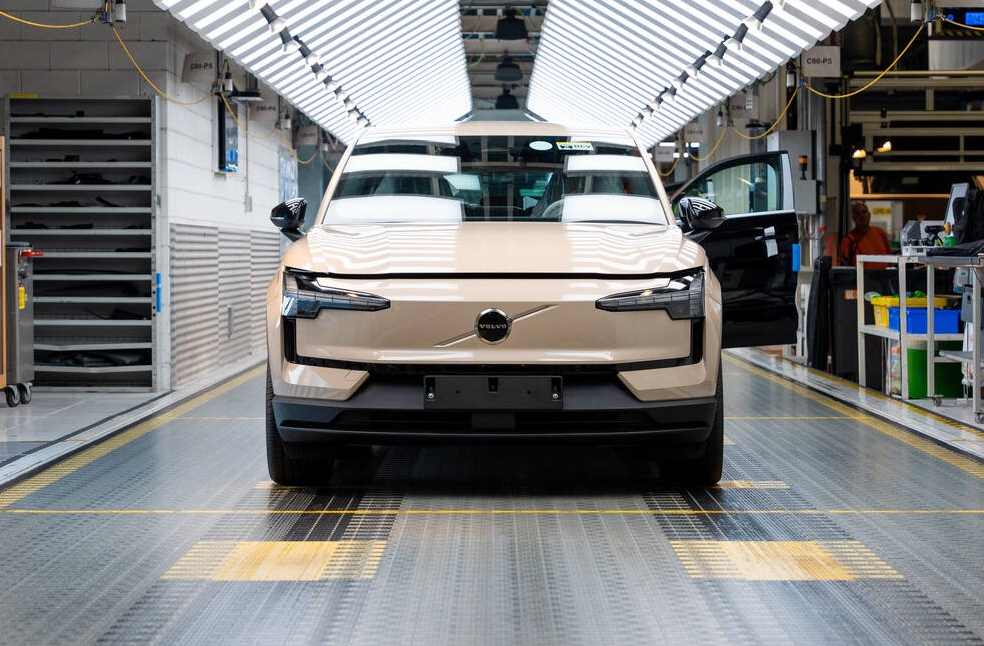Sweden: Volvo Cars has announced strategies to cut approximately 3,000 jobs, primarily targeting office-based roles in Sweden, as part of an extensive cost-cutting initiative. The move involves about 15 percent of the company’s white-collar workforce.
The Sweden-headquartered automaker, owned by China’s Geely Holding, is launching a sweeping 18 billion Swedish kronor ($1.9 billion) action plan to reshape its operations. The announcement comes with growing headwinds for the global automotive sector, including higher material costs, slower European sales, and the effect of international trade policies such as U.S. President Donald Trump’s 25 percent tariffs on imported vehicles.

Volvo Cars CEO Håkan Samuelsson stated that, “We are navigating a challenging period for the industry. The actions have been tough decisions, but they are important steps as we build a stronger and even more resilient Volvo Cars.”
The decision follows a recent dip in performance, with the company reporting an 11 percent year-on-year decline in global sales for April. Founded and still headquartered in Gothenburg, Sweden, Volvo utilises major production sites in Sweden, Belgium, China, and the United States. The company was acquired by Geely from Ford in 2010.
Volvo had previously committed to evolving into a fully electric carmaker by 2030. However, last year it revised this goal, citing uncertainties such as new tariffs on electric vehicles in key markets.
Volvo is not alone in facing pressure. Earlier this month, Nissan said it would cut an additional 11,000 jobs globally and shut down seven factories due to weak sales, bringing its total layoffs to about 20,000 in the past year, 15 percent of its global workforce.
Japanese rival Nissan has been hit hard by falling demand in China and heavy discounting in the U.S. Its proposed merger with Honda and Mitsubishi also fell through earlier this year.

Meanwhile, competition among electric vehicle manufacturers in China is intensifying. BYD, the country’s EV giant, slashed prices on more than 20 models, including its lowest-priced Seagull EV, now selling for just 55,800 yuan ($7,745). In response, state-backed Changan and Leapmotor, partly owned by Stellantis also reduced prices on their models.
The pricing battle sent shares of Chinese automakers tumbling, highlighting the cutthroat nature of the market. In April, BYD outsold Tesla in Europe for the first time, according to data from Jato Dynamics. As the global car industry grapples with structural shifts, trade pressures, and intense competition, more automakers are predicted to announce further strategic overhauls in the months ahead.



